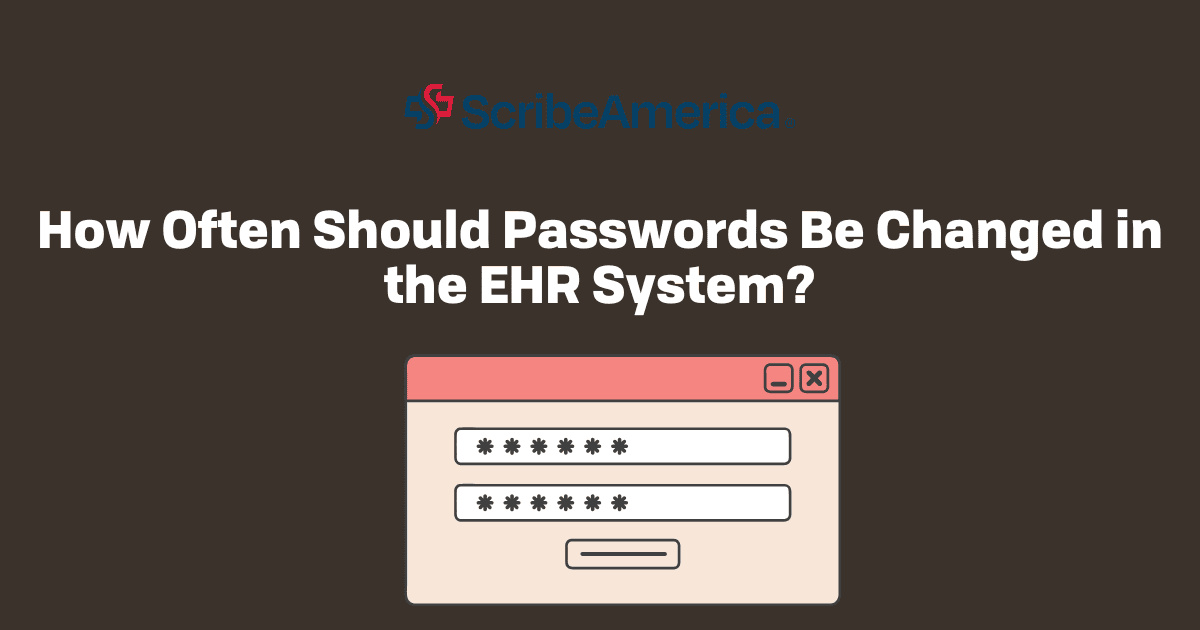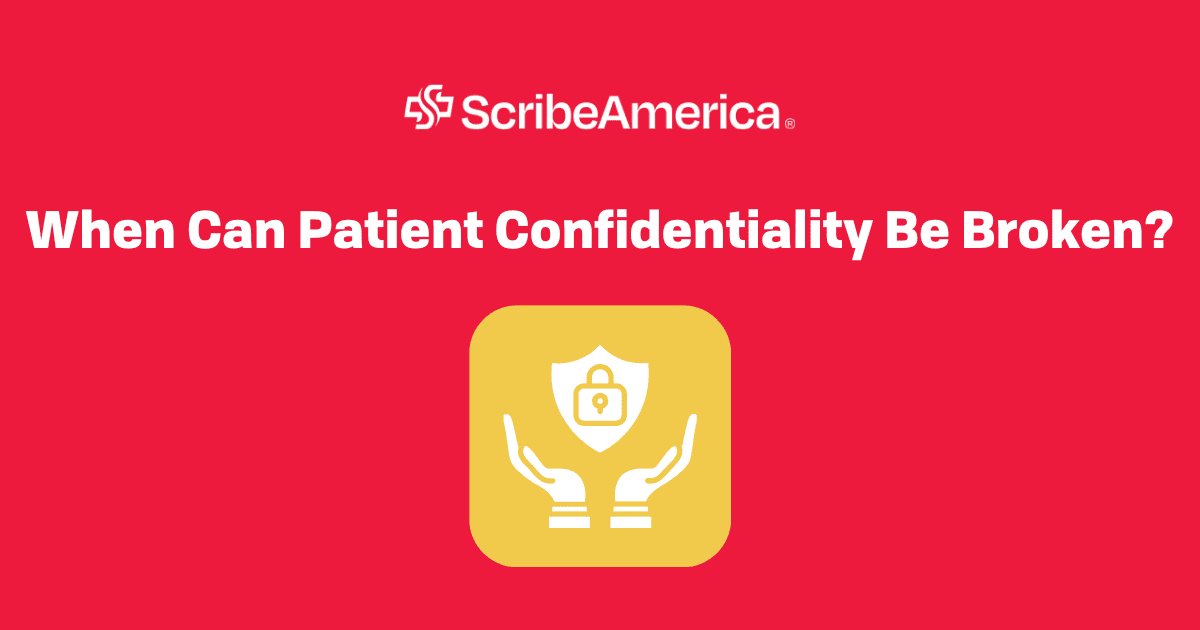Key Takeaways:
- PCE vs HCE comes down to the level of patient interaction — PCE means direct hands-on care, while HCE focuses on broader healthcare exposure.
- Health care experience vs patient care experience matters in clinical applications — programs like PA school typically require PCE, but value HCE as complementary.
Understanding the difference between patient care experience (PCE) and healthcare experience (HCE) is essential for those pursuing medical careers, especially those looking to become physician assistants or advance in clinical roles. Though these terms are often used interchangeably, they reflect distinct types of hands-on experience that impact applications to medical programs. Recognizing the nuances of PCE vs HCE can help clarify which path best aligns with your professional goals.
What is patient care experience (PCE)?
Patient care experience involves direct, hands-on patient interaction, often under the supervision of a healthcare provider. It requires active engagement with patients - tasks like taking vitals, assisting with procedures, or even offering emergency care. Common roles associated with PCE include medical assistants, certified nursing assistants, paramedics, and physical therapy aides, where close patient contact is a key part of the job.
For clinical positions like physician assistants or registered nurses, PCE provides practical skills and patient interaction, helping applicants gain essential experience for hands-on, patient-centered roles. Many medical programs specifically require PCE hours to ensure that candidates have the firsthand skills and compassionate care background necessary for clinical practice.

What is healthcare experience (HCE)?
In contrast, healthcare experience (HCE) encompasses a broader set of roles within medical settings, even when there is limited or no direct patient interaction. HCE includes administrative and supportive roles, such as medical receptionist, billing assistant, or medical scribe, where one contributes to healthcare operations without directly providing patient care. These positions offer valuable insight into healthcare operations, protocols, and the patient journey within the medical setting.
While healthcare experience may not involve hands-on care, it is still highly beneficial. HCE roles help build familiarity with the healthcare environment, develop understanding of protocols, and observe how medical teams operate together. Many applicants find that HCE provides a unique perspective on healthcare that can enhance their approach to patient care later on.
HCE vs PCE - why the distinction matters
When comparing HCE vs PCE, it’s crucial to note that PCE focuses more on direct clinical skill-building, while HCE gives a broader perspective on healthcare systems. Programs like PA schools often prioritize patient care experience hours over healthcare experience hours because PCE showcases an applicant’s ability to work directly with patients. In contrast, healthcare experience can serve as a strong foundation for understanding healthcare operations, especially for roles in healthcare administration or management.
The value of healthcare experience vs patient care experience depends on your career goals. Those aiming to work in patient-centered roles, like clinical providers or nurses, will likely need substantial PCE. For those interested in the administrative or operational side of healthcare, HCE provides important knowledge and is a valuable addition to any medical background. Ideally, a mix of both PCE and HCE helps develop a well-rounded medical professional, combining hands-on patient interaction with an understanding of the broader healthcare landscape.
The difference between PCE and HCE lies primarily in the level of direct patient interaction. Knowing the PCE vs HCE distinction can help aspiring healthcare professionals make informed choices, shaping their experience to best suit their career aspirations.
PCE vs HCE - Final Thoughts
Choosing between patient care experience and healthcare experience isn’t just a checkbox exercise — it’s about understanding the kind of healthcare professional you want to become. Whether you’re charting vitals bedside or managing charts behind the scenes, every role brings you closer to the heart of medicine. Knowing the PCE vs HCE distinction allows you to shape your journey with intention. And in the end, it’s not one or the other — it’s how you connect both worlds that sets you apart.




